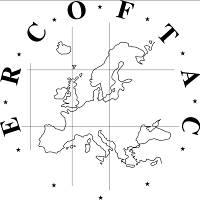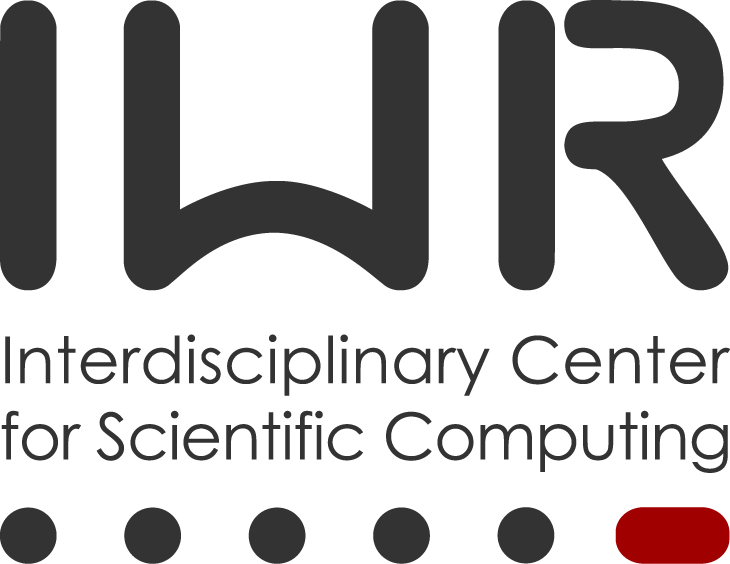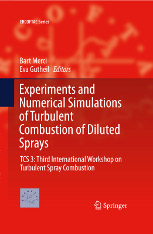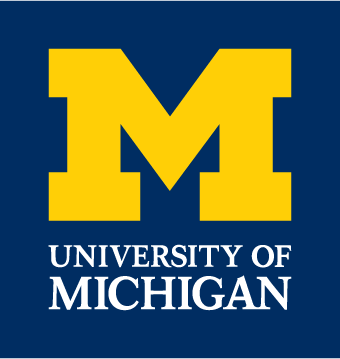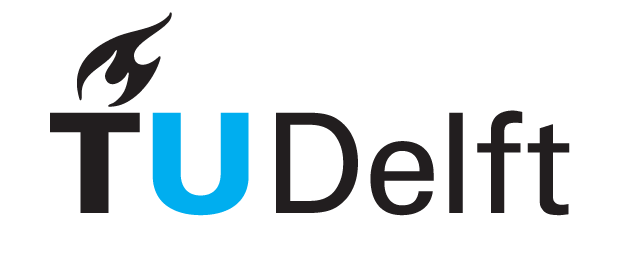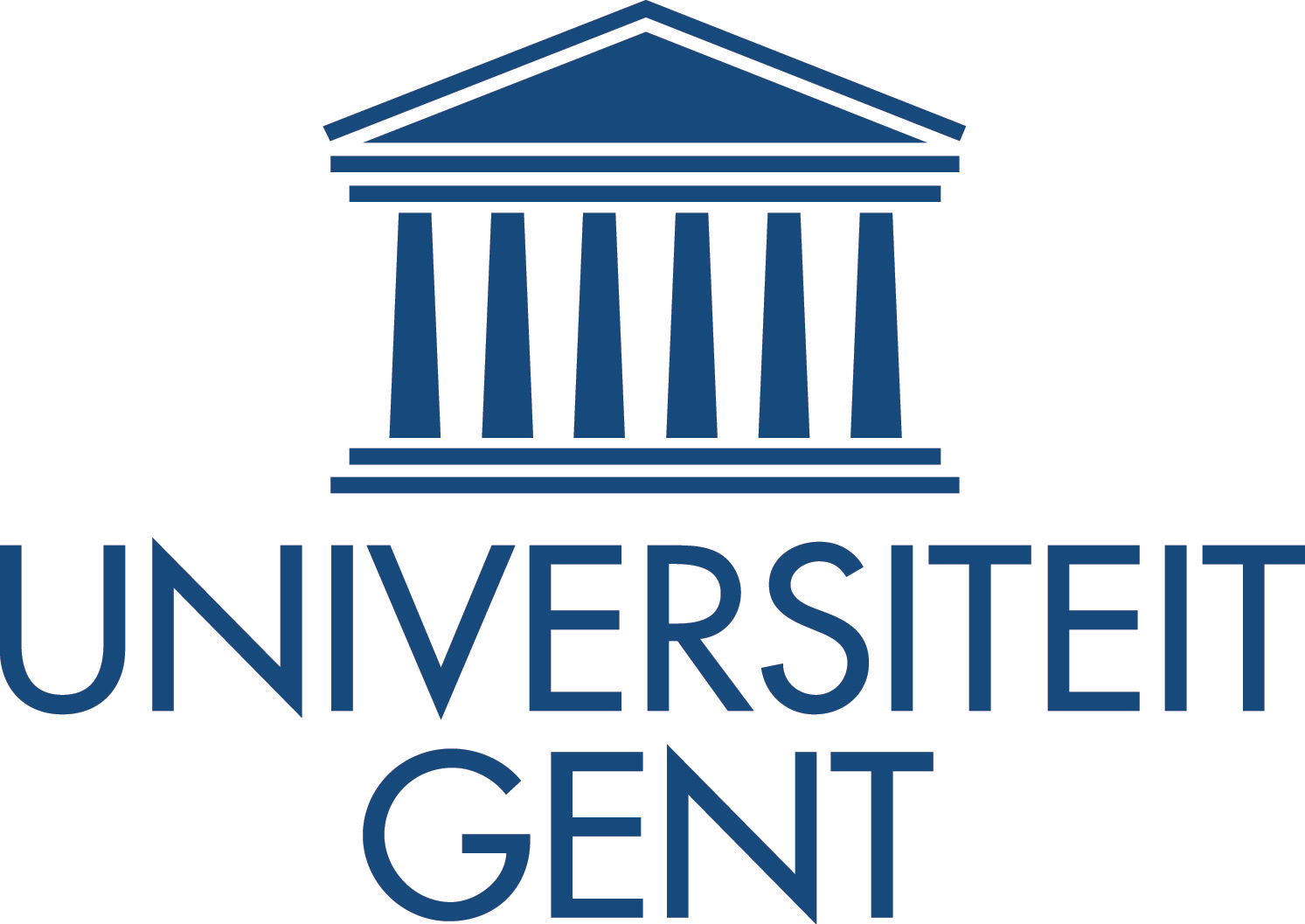5th Workshop on Measurement and Computation of Turbulent Spray Combustion (TCS5)
June 7, 2015, Sheraton Rhodes Resort Hotel, Rhodes, Greece
Background and Objectives of the Meeting
The aim of this workshop is to stimulate progress in the understanding of turbulent spray combustion by organizing focused discussions on open problems and promising new initiatives and collaborations in this area. The workshop will link recent developments in studies of dispersed multiphase flow and combustion. A long term objective of the Workshop series is to advance capabilities to model turbulent spray flows, both reacting and non-reacting. The intention is to have interactive discussion between experts and young researchers. Therefore, poster and discussion sessions play a central role in the program. The program may be found here.
Please register for the workshop using this registration form and mail or fax it to Prof. E. Mastorakos. Delegates are responsible for their hotel reservation, which must be made through this form.
The workshop takes place on Sunday June 7, 2015. This is the day preceding the 9th Mediterranean Combustion Symposium. The workshop is held at the same venue.
TARGET TEST CASES
In the frame of TCS5 workshop a comparative study will be made of numerical simulations of a number of target test cases.
A set of test cases has been selected from the databases created by Assaad Masri's combustion group at University Sydney. The Sydney burner uses a nebuliser to create a well-defined droplet stream of ethanol or acetone, and uses a pilot flame. The Sydney target test cases selected for TCS5 have already been studied in previous workshops, TCS3 and TCS4, and the simulations expected for TCS5 will focus on a set of important modeling issues as explained in the guidelines below.
The Delft burner uses a pressure-swirl atomizer to create the droplet spray, and either air or products of lean premixed flames (hot diluted coflow) as oxidizer. One of the ethanol flames of the Delft burner is proposed as target test case.
Researchers working on modeling of turbulent spray combustion are invited to perform simulations of the proposed target test flames and submit their results for presentation at the workshop.
Description of the target test flames and guidelines for submitting your results:
- target flames Sydney University
- target flame Delft University of Technology
POSTER SESSION
We invite you to present a poster on your recent work on Turbulent Combustion of Sprays at the workshop. An abstract of the poster is to be sent to Prof. D. Roekaerts with copy to Mr. Likun Ma. EXTENDED deadline for receipt of poster abstracts: May 22, 2015. Authors will be notified regarding poster acceptance not later than one week after the date of abstract submission.
INSTRUCTIONS FOR POSTER ABSTRACT
a. One page including text, figures, and references.
b. Center authors' names and affiliations under the title.
c. Include e-mail addresses, at least for the corresponding author.
d. Type single-spaced with Times font no smaller than 10 pt.
e. Use even margins with printed area not larger than 165 x 230 mm.
f. Do not include page number or footer or header.
g. Please limit the abstract PDF files to 2MB.
SPONSORS
The workshop is sponsored by the ERCOFTAC special interest group 28 "Reactive Flow" and the Technical University of Darmstadt.Organizing committee
Prof. Eva Gutheil (Heidelberg University, Germany)Prof. Assaad R. Masri (The University of Sydney, Australia)
Prof. Epaminondas Mastorakos (University of Cambridge, United Kingdom)
Prof. Bart Merci (Ghent University, Belgium)
Prof. Venkat Raman (University of Michigan at Ann Arbor, USA)
Prof. Dirk Roekaerts (Delft University of Technology, The Netherlands)
Prof. Amsini Sadiki (Darmstadt University of Technology, Germany)

